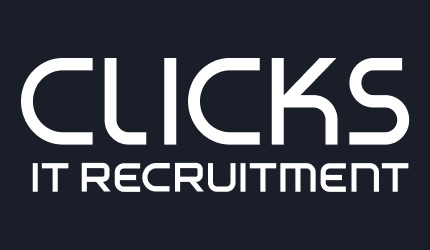“So, what do you do outside of work?”
This a pretty stock standard question you’re likely to be asked in a few scenarios. It is often asked in job interviews, when you’re meeting people for the first time, or even on a first date. In an interview it’s a sign that things are going well. In a friendly social setting, it might be part of the getting to know you ritual that determines whether your new acquaintance is willing to stick with the conversation or excuse themselves for another ale. On a date, it’s a sign that things are going so well that the conversation has tapered into canned questions that get asked in job interviews. This is an interesting spectrum of meaning from a single innocuous question, and we’re not here to give dating advice, so let’s stick with what this can mean in an interview.
Interviewers will ask you this question to get to know about you as a person and how you’ll fit in culturally, but your responses can reveal a lot about you and have further influence on your career.
So let’s look at some healthy hobbies you may already have, or that you may like to get into that have the added bonus of enhancing your career. Here are our top 5:
1. Yoga
Many of our blogs reference yoga. We’re fans. It’s so good. Aside from the physical benefits of yoga practice, you learn breathing and mediation techniques which improve your ability to deal with stressful situations. People who do yoga are often flexible of body and mind.
2. Long Distance Running
It’s well known that running improves your cardiovascular system, leading to improved blood pressure, sleep and energy levels, but the increased body efficiency also affects the brain – improving memory and learning. Long distance runners are determined, disciplined and goal-oriented, which are all desirable qualities in job seekers, potentially giving you a competitive edge.
3. Social Sports
Whether it’s ultimate frisbee, volleyball, touch rugby or soccer, team sports are a great way to improve your fitness levels. The implications for collaboration and team work are fairly obvious; you need to work together to achieve a common goal. Joining a local social team can also offer a great opportunity to network and help you improve your interpersonal skills. Joining a corporate team might also score you brownie points with your manager.
4. Board Games
Let’s take it inside and off the ground and talk about board games. Games like Chess, Sudoku and Scrabble exercise your brain, reducing the risk of cognitive decline and its associated effects. This may help you offset your retirement by a couple of years, but what benefits can board games offer you right now? Opt for a Settlers of Catan or Risk to hone your strategic thinking skills and master the art of negotiation (at least until you amass an army capable of world domination). Or if you want to improve your collaboration skills, try out these cool co-operative board games.
5. Volunteering
It’s a generally accepted principle that including volunteer activities on your resume will improve how you are perceived by potential employers. Volunteering can also offer you many personal benefits such as a broadened perspective and a greater sense of community. Kevin Eschleman, an assistant psychology professor at San Francisco State University, wrote this on volunteering:
“Anything that provides you with a real cognitive shift in how you see the world, that’s going to be an asset in terms of your overall health and wellbeing, and also how you solve problems, whether it’s in personal relationships or in a work environment,”
There you have it. Five hobbies that may positively influence your career prospects. Or at the very least, these healthy pastimes are sure-fire ways to have a bit of fun when you’re not thinking about work.









